|
Thanks to a certain online literary magazine, I think about Samuel Beckett's epigram on failure a little too often. But familiarity hasn't dulled these words; these words are ever sharp.
Ever tried. Ever failed. No matter. Try again. Fail again. Fail better. -- Samuel Beckett, Worstward Ho Listen to the man, Hill. He knows what he's talking about.
0 Comments
Because I couldn't resist, here are word clouds of two of my recent stories:
"The Work Boyfriend" "Waste Management" Hmm. At first glance it looks like I need to cut back on a few of those similes! But then I remembered that both leading ladies have things to say about what they like and don't like. Too bad we can't disambiguate further. And how about a word cloud of my novel's prologue as it currently stands? (Yes, friends, this is as close as I get to sharing it at this stage...Imagine what you will.) You saw right. One of those words is a naughty one. 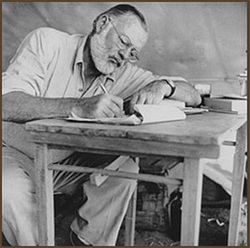 While it's most fun to word cloud political speeches -- as many commentators in search of hidden meaning will no doubt do to Obama's State of the Union address tonight -- it can also be fun to word cloud fiction. Here's Hemingway's famous story, "Hills Like White Elephants," in which two characters sit around a train station bar discussing a potential abortion without ever saying it outright. Why this book? Because I finished it this week. And also because it's wonderful (thank you, Will Kuby). Amy and Isabelle is Elizabeth Strout's 1998 novel and it's even better than her later, Pulitzer Prize-winning story cycle Olive Kitteridge. (Much as I love Adventures in Babysitting, I imagine it's also better than the Oprah TV movie adaptation with Elisabeth Shue.) 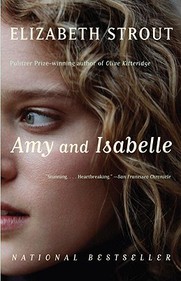 The novel opens in Shirley Falls, a college-mill town in Maine, circa 1970. Amy is the sheltered, rule-following daughter of Isabelle, herself a rule-following single mom who works as a secretary at the local mill. They are different from everyone else in Shirley Falls -- not Carrie different, just somewhat outside the various social circles of the town -- bound together in their odd little family of two. But Amy is a teenager now, with undeniably beautiful hair, and the older she gets, the looser their bond becomes. I admit I've fallen for Gabby. I had never heard of Rep. Gabrielle Giffords before the attempt on her life last Saturday morning in Tucson, but now I am, like so many Americans, pulling for her desperately. She rides motorcycles. She married an astronaut. She's only 40 years old, for Christ's sake. I cling to news of her recovery (she opened her eyes! she dangled her legs over the side of her hospital bed!) as though willing her to get well so that she can -- what? Return to Congress with renewed passion and go on to become the first female President...? Gabby was shot in the head at close range. Even if she recovers as miraculously as everyone hopes, she’s unlikely to return to her old life in politics. And yet I can’t help wanting it for her. In a very short amount of time, I’ve come to identify with her deeply and to see in her all sorts of significance and possibility. Possibility that a seemingly deranged gunman may well have taken away.
So it’s somewhat startling that Greg Downs, a fiction writer and history professor at City College in New York, thinks I have something in common with Jared Loughner, her alleged shooter. Startling, but spot-on: My year-end literary tally is never as lengthy as I'd want it to be, nor as varied. Do I really read so little non-fiction? (Yes, my mate tells me. It's a disgrace!) But all regrets aside, there were some great highs this year, mostly in the land of short stories, where I often found myself traipsing, foolish maid of letters that I am. 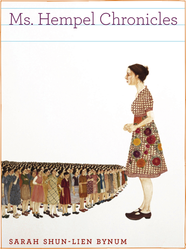 I read J.D. Salinger's exquisite, child-centered Nine Stories for the first time in 2010 (shame on me) as well as the far less famous (shame on you) but no less exquisite Ms. Hempel Chronicles, Sarah Shun-lien Bynum's story cycle about a young and achingly self-aware middle school teacher. Beatrice Hempel's kids are as precocious as Salinger's, but Ms. Hempel is the true gem. Feeling the loss of her own youthful potential, a loss she curiously accepts rather than resists, Ms. Hempel/Beatrice focuses earnestly on the potential of her students in whose lives she has invested her own. Both books I know I will read again. These are characters who will grow with me -- Esme and Beatrice both wise beyond their youth. |
Aboutauthor of The Violet Hour, reader, prodigious eater of ice cream Archives
June 2014
Categories
All
|
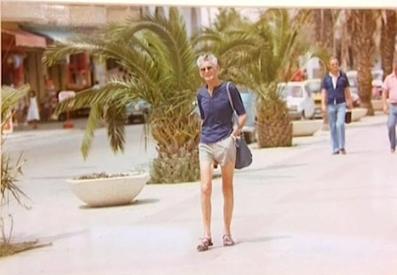
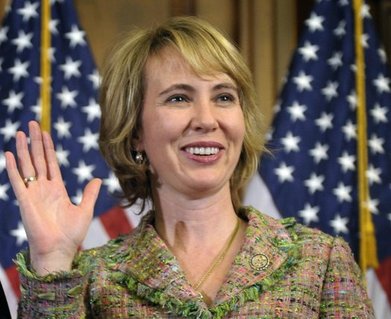
 RSS Feed
RSS Feed